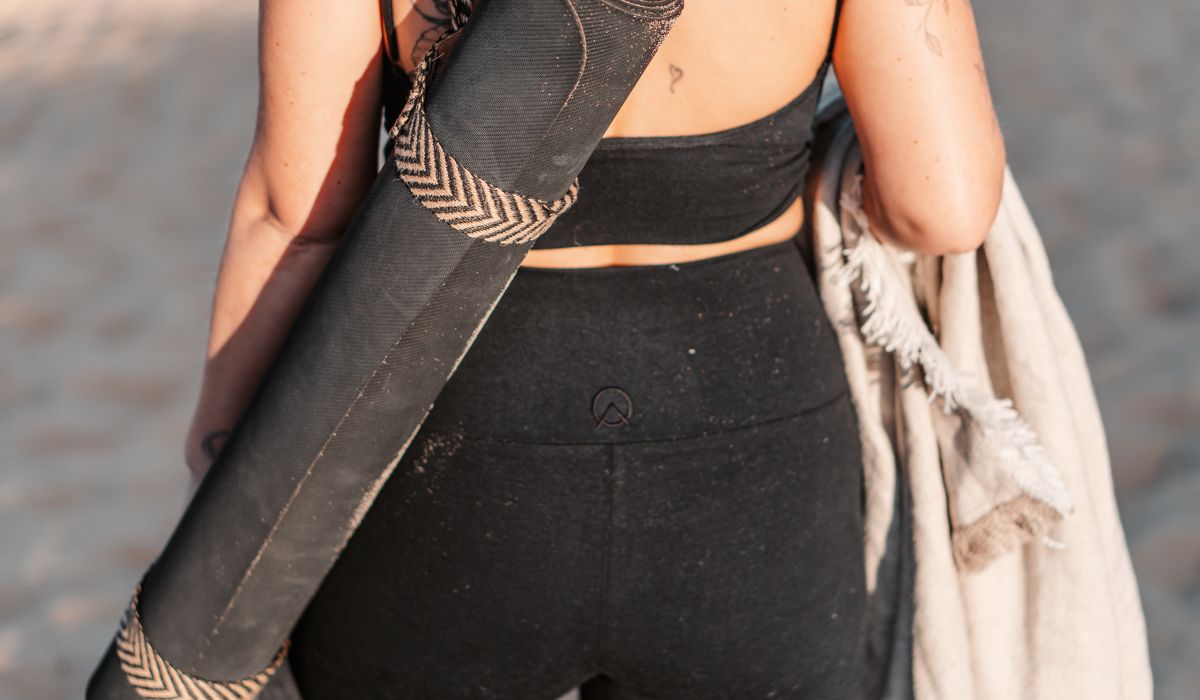Single use plastics, the battle continues.
Each year Australia produces 2.5m tonnes of plastic waste and around 84% of that ends up in landfill. Plastic waste is also a huge environmental concern, with around 130,000 tonnes leaking into the environment every year. Consumers have been making tireless efforts to reduce their use of plastics and now we are not alone in these efforts.
The Government recently announced its National Plastics Plan which outlines their approach to increase plastic recycling, find alternatives to unnecessary plastics and reduce the impact of plastic on the environment. It also includes eight types of “problematic and unnecessary” plastic waste that will be phased out over the next several years.
For the environmentally conscious consumer, these are plastics that are already avoided where possible, but in case you’re unsure or worried about how this change will affect you or others that you know here is a handy guide on eco swaps in preparation for the phase out.
Lightweight plastic bags
The battle against plastic bags is well and truly underway, with the rise of eco friendly tote bags and reusable shopping bags that you can take each time you visit a store. But what if you forget your bags!? You can always opt to use a cardboard box to carry your groceries or stores will move to renewable and recyclable paper bag options.
Plastic misleadingly labelled “degradable”
Misuse of the classification of plastics as EN 13432 (a European standard of biodegradable plastic) has had a negative impact on the environment as rather than breaking down, most of these plastics would fragment into small pieces, adding to the micro plastics. This often includes things such as produce bags and bin liners. Reusable produce string and mesh bags are an easy addition to add to your reusable collection and for bin liners, opt for certified compostable instead of degradable liners or for an even lighter footstep, you can use newspapers to line the bin or have a ‘naked’ bin that you simple wash out as needed.
Plastic utensils
The ultimate option to reduce plastic utensils is to carry a set with you from home, otherwise bamboo cutlery is a more environmentally friendly option that many retailers are likely to switch to.
Plastic stirrers
If you take sugar in your tea or coffee then add it at the cafe using a regular teaspoon, otherwise you can use your reusable straw that we are about to discuss!
Plastic straws
The war on plastic straws is finally being won! The best options are to opt for no straw or to carry your own metal or bamboo one in your bag where possible. Many cafe’s will also offer cardboard alternatives, yes they go slightly mushy, but at least you can sip happily knowing that you are helping to protect the oceans.
Polystyrene food containers
Most take away food places will likely opt for bamboo or cardboard instead once this is phased out, but to go one step better if you can opt to dine in then there is no waste needed at all.
Polystyrene consumer goods packaging
Since the beginning ZONE By Lydia has said a big fat NO to plastic and polystyrene packaging. It really isn’t needed when paper, cardboard, recycled materials, corn and rice starch and wheat straw options are readily available for businesses to use.
Microbeads in personal care products
These have been phased out in Australia since 2015 and you’ll find most exfoliants now contain natural granules such as walnut husk, oats, coffee, salt and sugar instead of these tiny little terrors that were going directly into our oceans.
At ZONE, we use natural sustainable materials like cork and hemp right through from our Cork Yoga Range, Australian Essential Oils to our Hemp clothing. Our eco-friendly packaging is thoughtfully designed to minimise waste and is completely plastic free. Our mission is to provide you with sustainable essentials for yoga, wellness and life. We want to replace the existing 'crap' in the system with products that are premium in quality, durable, stylish and sustainable. We are not only striving to be carbon neutral, we are aiming to be carbon negative!





